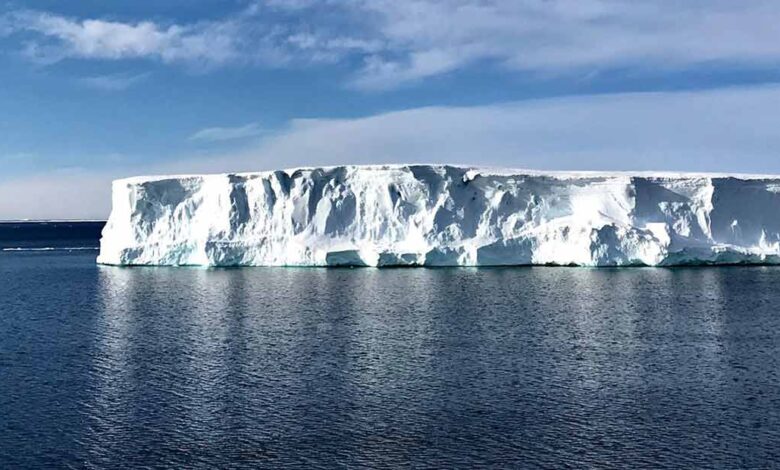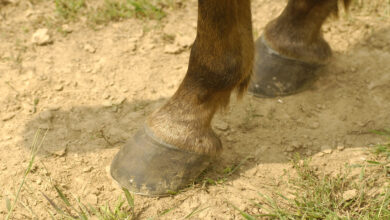
‘It’s serious, it’s really bad’ Alberta researcher Says Regarding Antarctica Sea Ice
A researcher from Calgary who has dedicated the past eight months to studying sea ice in Antarctica reports firsthand observations of the significant impact of climate change on the region.
Vishnu Nandan, a post-doctoral associate affiliated with the University of Calgary, in collaboration with Robbie Mallett from the University of Manitoba, has focused on enhancing the precision of radar satellite measurements for Antarctic sea ice and snow thickness.
“Arctic sea ice has declined substantially — about 70 per cent over the past 30 to 40 years. When compared to that, the Antarctic has been stable, but over the past few years, since about 2016, we have seen a dramatic decline in sea ice in many regions across the Antarctic,” Nandan said.
“Right now it’s serious. It’s really bad. If you look at the overall area of the sea ice, the area is almost one million square kilometres less than the previous lowest which was in 1986.”
Their work contributes to the DEFIANT project, a British initiative named “Drivers and Effects of Fluctuations in Sea Ice in the Antarctic,” which seeks to deploy a cutting-edge ground-based radar system mirroring satellite capabilities from space.
Nandan pointed out a challenge in the region: the substantial snowfall, at times reaching up to a meter in depth, hampers the acquisition of accurate satellite data regarding snow and sea ice thickness.
To rectify this, they have been collecting ground-based radar system data to rectify inaccuracies and fine-tune satellite algorithms, generating precise measurements crucial for climate change forecasting.
Nandan previously conducted similar research a few years ago in the central Arctic Ocean, where he spent a year aboard an icebreaker, closely monitoring global warming trends in proximity to the North Pole. He noted that despite the consistent snowfall, there were occasional days of rain—an unusual occurrence. He also highlighted the impact of warm winds, which prevent the solid freezing of ocean ice.
Nandan stressed the importance of his research, particularly in light of the consequences of declining sea ice.
Having completed his research in Antarctica, Nandan is set to return to Calgary next month.








































